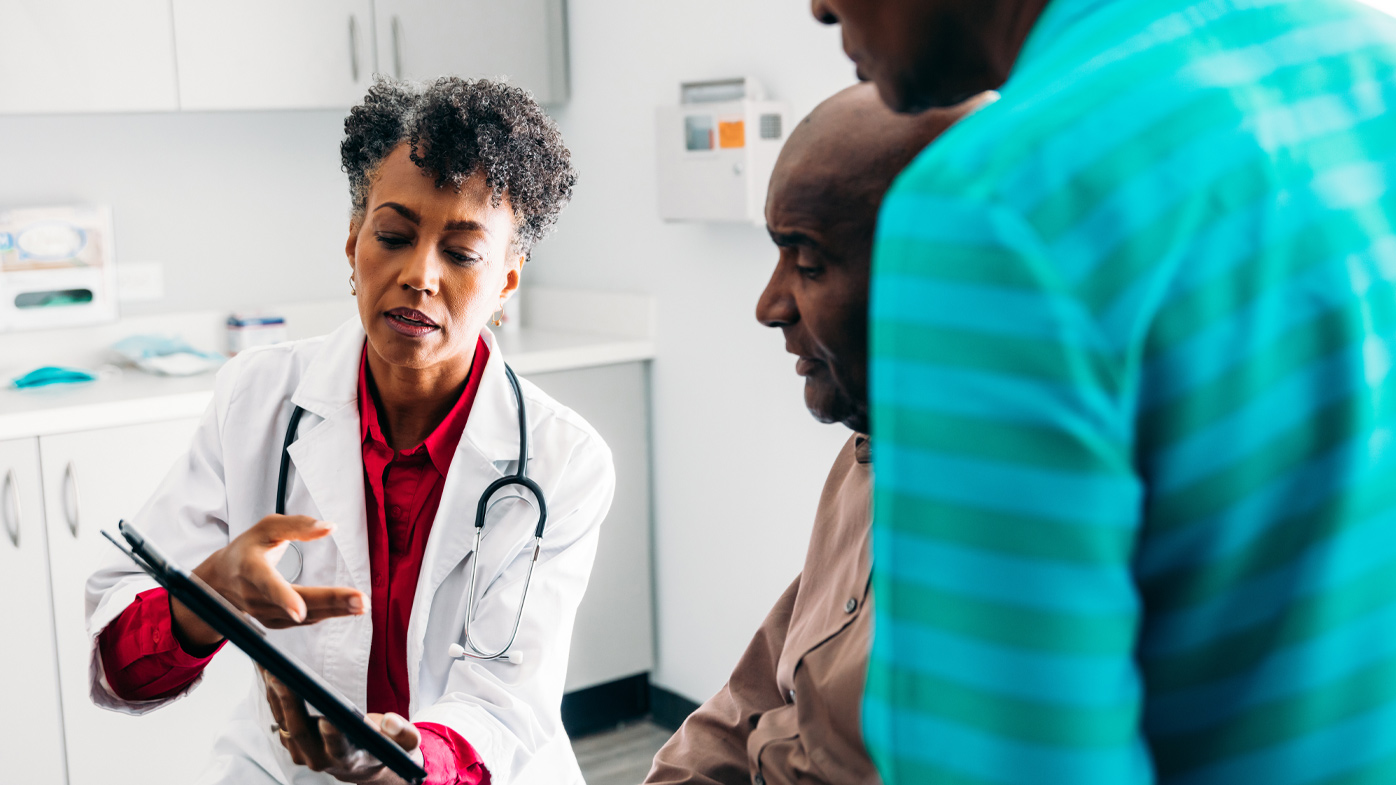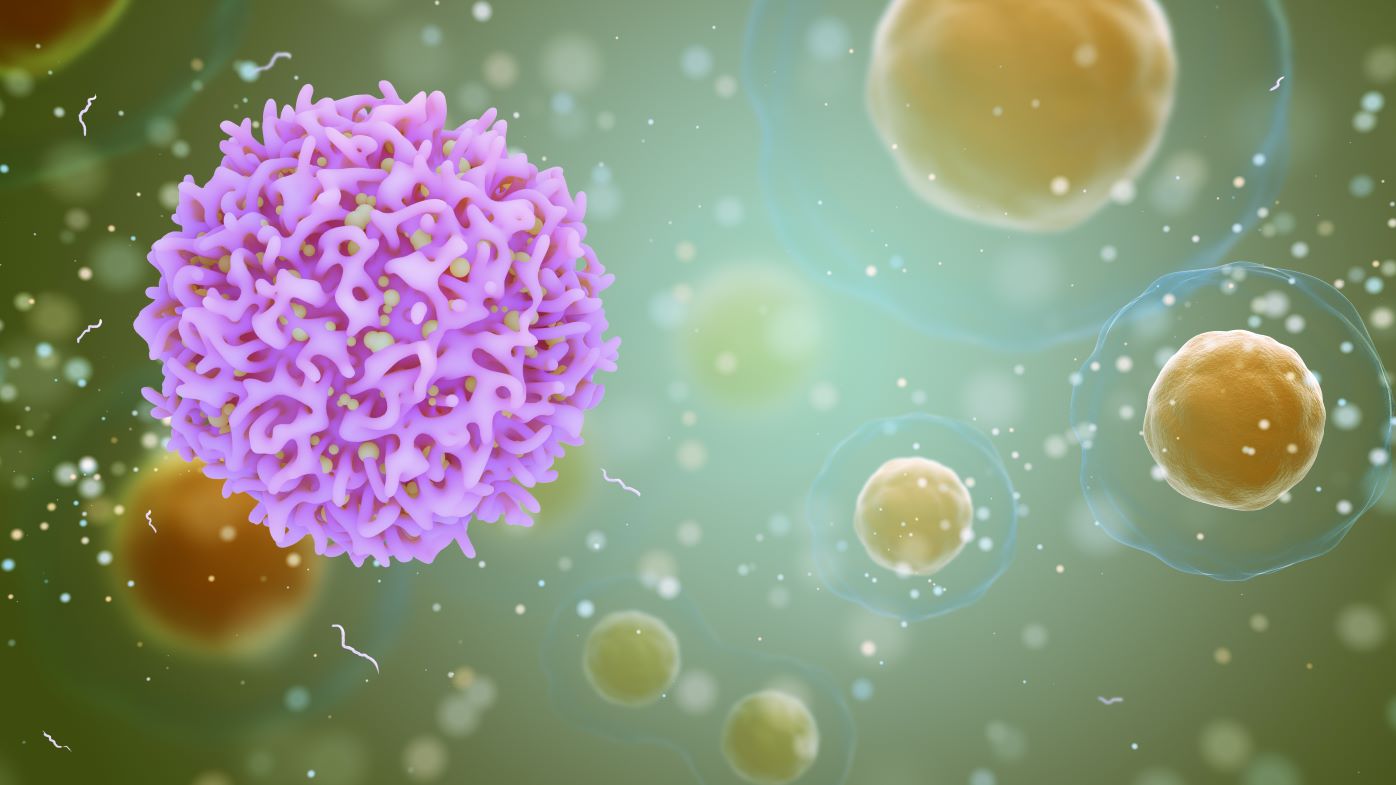What challenges in blood cancer treatment are researchers most focused on?
“We all want to cure cancers but are still quite far away from that in most cases. However, we are working to target cancer in a transformative way. On the one hand, you always want to improve current therapies. But you also want to leapfrog them when possible by investing in different technologies that may change the state of the disease more radically. We see the possibility of such a leapfrog moment with investigational [immunotherapies called] CAR-T cell therapies.”
How are CAR-T cell therapies transforming blood cancer treatment?
“These therapies are already having a tremendous impact on acute lymphoblastic leukemia, providing the chance for durable responses in kids with the disease. The same promise exists for lymphoma, and the data that we’ll see at ASH this year are going to be fundamental in incorporating those advances into clinical practice.”
“In multiple myeloma, where the nature of the disease is different, CAR-T cells may not be a cure but will probably help us control the disease better. The first data shown at the American Society of Clinical Oncology Annual Meeting earlier this year were impactful and strong. Now we’re looking at longer-term follow-ups to confirm that our high expectations are warranted.”
What challenges remain with CAR-T cell therapies?
“They’re very different than what we currently know and use to treat disease. There are logistical complexities in using CAR-T cells. We have to take patient cells, move them to a manufacturing site, transform those cells into CAR-T cells, send them back to the hospital, and infuse the patients with the modified cells—all within two to three weeks.”
“We will have many questions and debates about the clinical aspects and the operational issues. There will be a significant impact on the workforce, organizational setup, and resources. It’s our goal to make this therapy successful in practice and not just in clinical trials.”
What other approaches are being explored?
“We’ll see more data on targeted therapies that promise to improve outcomes. By attacking specific mutations, these treatments can change the molecular basis of disease. We would give these therapies only to patients who have that mutation and who we would expect to respond. But using targeted therapies will require more analysis of mutations for each patient’s cancer than we are doing today.”
“Researchers are also starting to look for ways to combine therapies to benefit from natural synergies between different classes of therapies. We’re also looking at chemotherapy-free regimens. For a long time, the standard of care has been chemotherapy despite its blunt nature—it can affect good cells as well as cancer cells.”


